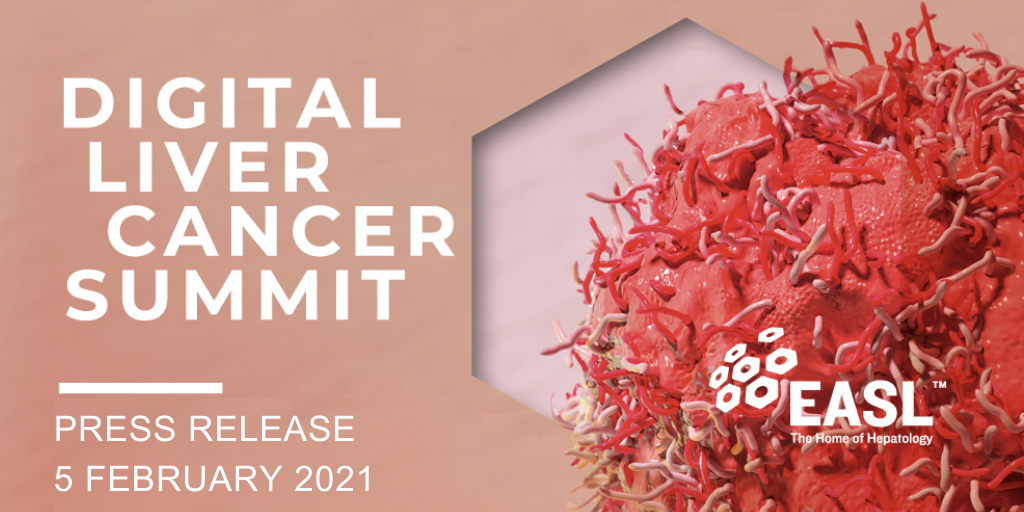Global survey reveals heavy toll of COVID-19 first wave on liver cancer care

Digital Liver Cancer Summit 2021: A global survey assessing the impact of COVID-19 on liver cancer has revealed delays in the screening, diagnosis, and treatment of the disease, with experts issuing stark warnings on liver cancer survival rates.
February 5, 2021
The delays of screening programmes, diagnostic imaging and biopsies, cuts in the numbers of physicians available to treat liver cancer patients, cancellations of surgery and a drop in the number of patients entered on clinical trials, were just some of the issues reported in the poll.
The global Liver Cancer Outcomes in Covid-19 (CERO-19) Survey led by the Barcelona Clinic Liver Cancer (BCLC) group from Hospital Clinic of Barcelona, CIBEREH, and the Ospedale Maggiore Policlinico of Milan included 76 high-volume cancer treatment centres which participated during the first wave of the COVID-19 pandemic between March and June 2020, finding that 87% of centres modified clinical practice for liver cancer patients. These centres spanned Europe, North America, South America, Africa, and Asia.
The findings, presented today at EASL’s Digital Liver Cancer Summit 2021, revealed a catalogue of interruptions to diagnosis and care. A total of 40.8% of centres said they had changed diagnostic procedures, 80.9% had altered screening programmes, and 39.5% had modified imaging studies for staging or treatment response evaluation.
Out of the 76 centres surveyed, just ten said they had made no modifications to clinical practice, and even amongst those centres, three said patients had been reluctant to come to hospital for fear of catching COVID-19, despite services being available.
Our results reflect the impact of COVID-19 on the screening, diagnosis, and treatment of liver cancer patients around the world during the first wave of the pandemic. The modifications in liver cancer management due to this crisis raise the possibility of more patients being diagnosed with a later stage of cancer. These delays impact the diagnosis, identification of tumour progression, treatment allocation, and ultimately prognosis,
explained Dr Sergio Muñoz-Martínez, lead study author.

